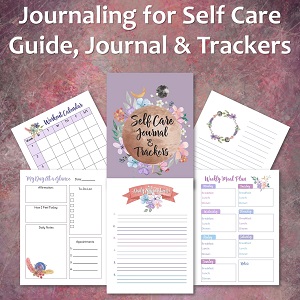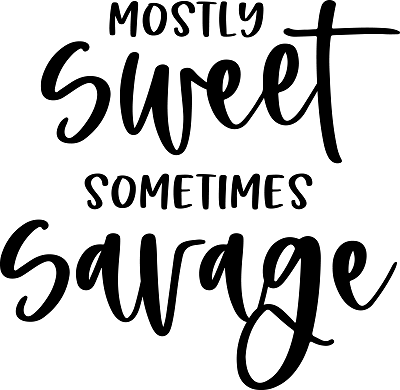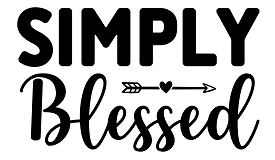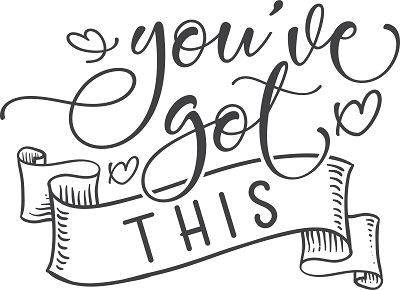 Are you one of the millions who are fearful of social interaction? Do you feel subconscious and judged by others when you are in a social situation?
Are you one of the millions who are fearful of social interaction? Do you feel subconscious and judged by others when you are in a social situation?
You might even avoid meeting new people and prefer to stay in your little corner of the world, where it’s safe.
If any of these ring true for you and you’ve felt this way for six months or more, you may have a social anxiety disorder.
Once upon a time social anxiety was more commonly called social phobia, and yes, it is an actual mental health diagnosis, according to the Diagnostic and Statistical Manual of Mental Disorders.
In the simplest of terms, social anxiety occurs when someone seems to be irrationally anxious when in social situations and the anxiety disappears when they are alone. Let’s look briefly at the causes, symptoms and treatments for social anxiety:
Pinpointing the Cause of Social Anxiety
It’s hard to determine a single cause in any individual. Researchers are confident social anxiety can be passed down through the generations, but they are unable to predict who will end up with it and who it will skip. For instance, your mother might have social anxiety and so does your sister or brother, but you were spared. There’s no rhyme or reason as yet.
Underdeveloped social skills could also be a factor. Kids who haven’t had exposure to social situations with peers, let’s say homeschooled children or kids in very rural areas, would likely feel intimidated in large groups for fear they may appear awkward to the rest of the kids.
Misinterpretation of others’ reactions is directly related to the parts of the brain guiding fear and anxiety. Scientists are still working this one out, but they believe inappropriate reactions could be linked to brain instead of learned behaviors or trauma.
Social anxiety typically rears its ugly head in childhood, disguised as “shyness” and later in teen years when it’s pretty apparent this is quite different than typical shy behaviors.
What Does Social Anxiety Look Like?
- Rapid heart rate
- Blushing, flushing and/or sweating
- Nausea
- Avoidance of situations where there might be other people
- Self-conscious or embarrassed
- Find difficulty in being with people who are unaware of their fears
- Abstain from direct eye contact
- Posture becomes stiff and rigid
How is Social Anxiety Treated?
Often times treatment isn’t sought out as parents assume their teens will just grow out of it or it’s “just a phase”. Adults often find the situation too embarrassing or uncomfortable to seek treatment. There are a few highly effective ways to combat social anxiety, but it’s not always going to be easy and will take a lot of work and dedication.
Individual Cognitive Behavioral Therapy (with Exposure Therapy) – Julie Bell, Licensed Professional Counselor, recommends weekly psychotherapy focused on CBT and Exposure Therapy. The sessions are designed to create a hierarchy of situations causing social anxiety. Gradually they start working from the least uncomfortable to the most terrifying, until the entire list is conquered.
For instance, a person might experience social anxiety when meeting new people and that’s on the bottom of the hierarchy. The therapist would encourage the client to meet X amount of new people before the next session. This assignment might be carried out multiple times, until the client reaches a certain comfort level, before moving to the next source of fear on the list.
Group Therapy – CBT would also be used in group therapy, but this is a little trickier to get someone with a social phobia to entertain. On one hand, everyone in the group has social anxiety to one degree or another; and on the other hand, everyone in the group has social anxiety to one degree or another!
The best part about a group setting is the honest, unbiased feedback from peers. There is a deep-seeded and distorted sense of self in those with social anxiety, and when they hear how people around them actually see them, it’s not nearly as bad as they predicted. This in turn helps break down the fear of social situations.
Medications – Anxiolytic medication, anti-depressants and beta-blockers are three types of prescription medications used for social anxiety. Your doctor will work closely with you to monitor efficacy for your given situation.
Many with social anxiety actually receive the greatest benefits from combination therapy. Sleep, exercise and a sensible diet are beneficial as well. The most important thing to remember is not to give up! The process is difficult and sometimes might seem impossible, but keep pushing!
Talk to family and friends, people you trust, about your process. Keep notes on your progress and give yourself rewards. Combatting social anxiety is worth the fight!




